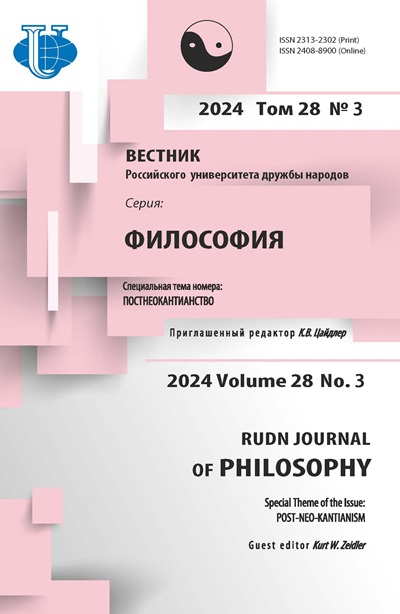Современный гуманитаризм и социетальная безопасность в странах Африки
- Авторы: Ивлева М.Л.1, Гласер М.А.2, Мбина Ж.Ш.1
-
Учреждения:
- Российский университет дружбы народов
- Национальный исследовательский университет «Высшая школа экономики»
- Выпуск: Том 26, № 1 (2022): ИЗГНАНИЕ РАЗУМА. К 100-ЛЕТИЮ «ФИЛОСОФСКОГО ПАРОХОДА»
- Страницы: 225-229
- Раздел: НАУЧНАЯ ЖИЗНЬ
- URL: https://journals.rudn.ru/philosophy/article/view/30626
- DOI: https://doi.org/10.22363/2313-2302-2022-26-1-225-229
Цитировать
Полный текст
Аннотация
-
Об авторах
Марина Левенбертовна Ивлева
Российский университет дружбы народов
Email: ivleva-ml@rudn.ru
доктор философских наук, профессор, заведующая кафедрой социальной философии
Российская Федерация, 117198, Москва, ул. Миклухо-Маклая, 6Марина Алексеевна Гласер
Национальный исследовательский университет «Высшая школа экономики»
Email: mkukartseva@gmail.com
доктор философских наук, профессор факультета мировой экономики и мировой политики
Российская Федерация, 101000, Москва, ул. Мясницкая, 20Жюд Шалёрё Мбина
Российский университет дружбы народов
Автор, ответственный за переписку.
Email: 1042208130@rudn.ru
аспирант кафедры социальной философии
Российская Федерация, 117198, Москва, ул. Миклухо-Маклая, 6Список литературы
















